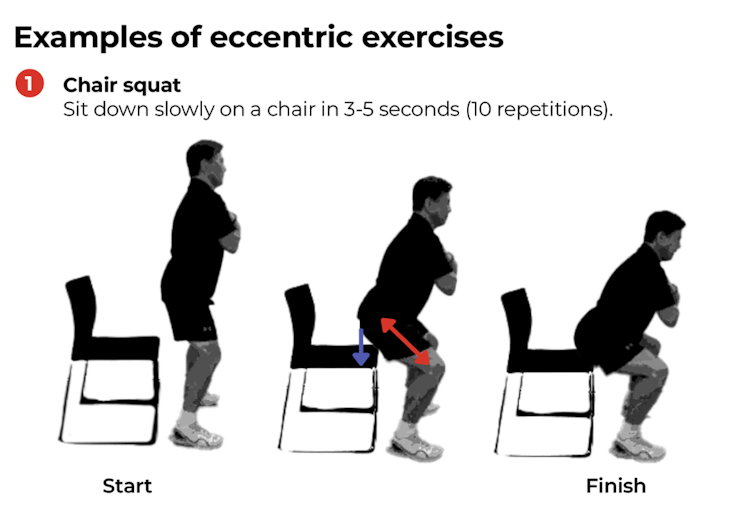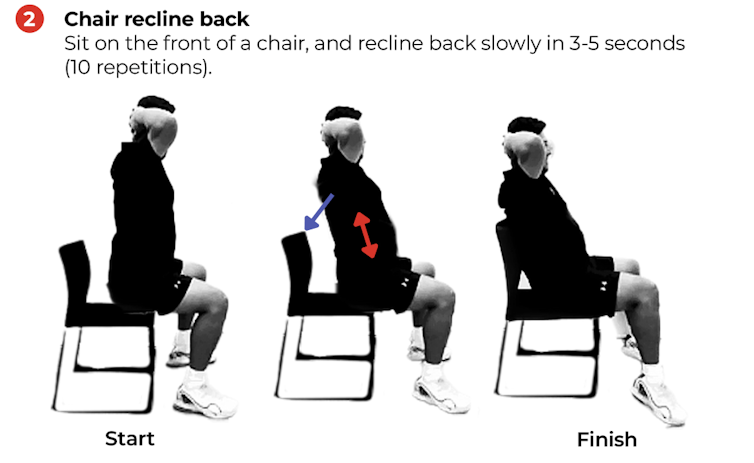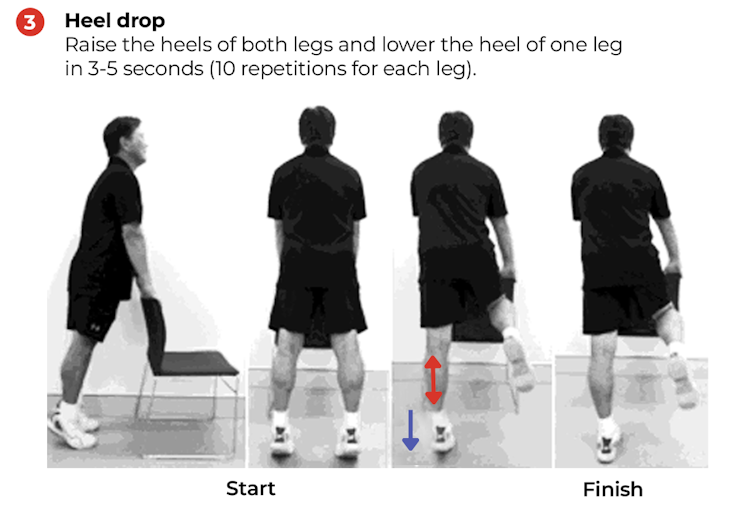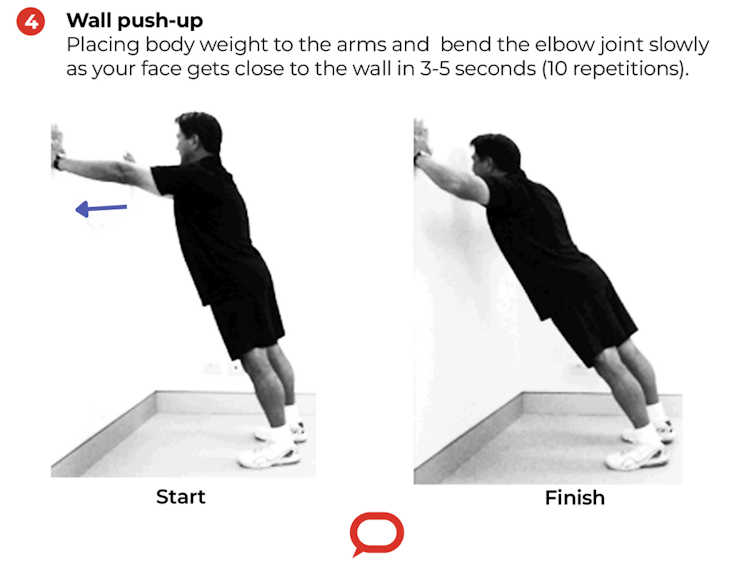
One of the most popular new year’s resolutions is to exercise more. Many of us set ambitious goals requiring a big, regular commitment, but then abandon them because they’re too much to fit in. Plans to exercise more in the new year are often broken within a month.
So how can we exercise more regularly in the new year?
If the aim is to build long-term fitness and health, the exercise must be sustainable. It may be achievable to resolve to do an extra few minutes of muscle-strengthening exercises every day.
Our research suggests even one muscle contraction a day, for five days a week, can improve muscle strength if you keep it up for a month.
Why do we need to exercise?
Physical activity guidelines recommended we perform 150 minutes of moderately intense exercise a week, as well as at least two muscle strengthening exercise sessions per week.
Skeletal muscle tissue declines with age, causing a loss of function and independence in older adults. So it’s important to include muscle strengthening exercises regularly to stimulate skeletal muscles of the legs, arms and trunk.
However, 85% of Australians don’t meet the physical activity recommendations to do both aerobic and muscle-strengthening exercises every week. The reasons include a lack of time, a lack of motivation, and no access to a workout facility.
It’s important to address these barriers, as physical inactivity increases the risk of many chronic diseases such as heart disease, diabetes, cancer, osteoporosis (weakened bones), dementia, depression and anxiety.
Short bouts of exercise can boost your muscle strength
My research team’s recent study found a small amount of regular resistance training can be better than doing one massive session, even if the amount of exercise overall was the same.
We asked participants to do an arm curl exercise consisting of 30 maximal contractions (so, contracting the muscle as hard as they could) each week for four weeks. One group did six contractions a day for five days a week; the other did 30 repetitions once a week.
The group that did them all in one go had no gains in muscle strength, whereas the group that spread the 30 repetitions over five days increased their muscle strength by more than 10%.
In a separate study, we showed that doing one three-second bicep muscle contraction a day, five days a week, increased muscle strength by 12%.
Participants contracted their muscles from a flexed to an extended position, like slowly lowering a heavy weight.
In both studies, participants used special equipment in our lab, and used as much strength as they could, but lowering a heavy dumbbell slowly several times could deliver similar results.
Incorporate exercise into your daily activities
We are investigating the effects of five-minutes daily “eccentric” exercises on health and fitness of sedentary people. Eccentric exercises activate and lengthen muscles.




We have already investigated the effects of sitting to a chair slowly and found it is effective for improving leg muscle strength, chair sit-stand ability, walking ability, and balance in older adults.
Many of us sit down on a chair or a sofa more than ten times a day. So, if we sit down slowly every time we sit, we perform at least ten eccentric contractions of the muscles that work to extend the knee joints, a day. This is a good opportunity for us to perform eccentric exercise daily to simulate our leg muscles.
Eccentric contractions not only affect muscle, they can also improve health indicators such as blood pressure and cholesterol levels.
Start small, then build momentum
Our studies have focused on resistance exercise, but it also applies for aerobic exercise. Five minutes of walking every day can still be beneficial for your health.
However, if you’re already doing regular gym workouts every week, adding a little exercise each day may not produce much of an added effect, so it is not necessary to replace a consistent regular exercise routine with smaller micro-sessions.
But for those starting out, who might find taking on a big exercise commitment daunting, doing a little bit of exercise, often, is a good start. Once your fitness has improved, you can add more exercise.
So what about setting a resolution to spend five minutes exercising every day in 2023?![]()
Ken Nosaka, Edith Cowan University
Ken Nosaka, Professor of Exercise and Sports Science, Edith Cowan University
This article is republished from The Conversation under a Creative Commons license. Read the original article.

